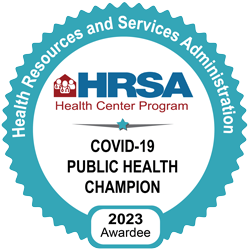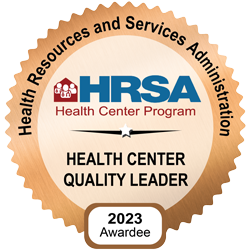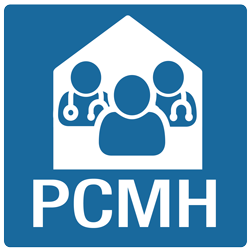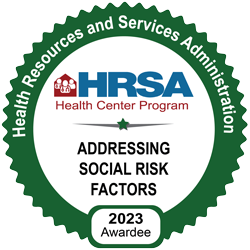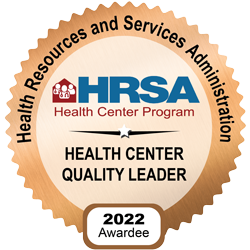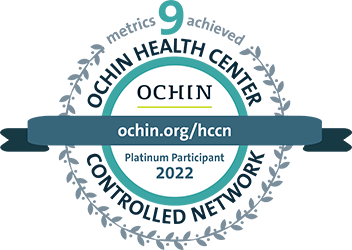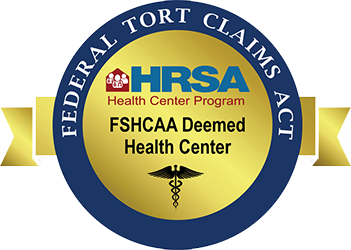Herd immunity, also known as community immunity, is a situation in which a large portion of a community (the herd) becomes immune to a disease, making the spread of the disease from person to person unlikely. As a result, the whole community becomes protected, not just those who are immune. Immunity to an infectious disease can come from vaccination and/or prior illness.
On April 27, 2021, the CDC released updated guiding principles for fully vaccinated people. People are considered fully vaccinated 2 weeks after they have received the second dose of the Moderna or Pfizer vaccines, or 2 weeks after receiving the one-dose J & J vaccine.
Click the link below to view the latest guidelines in English:
https://www.cdc.gov/coronavirus/2019-ncov/vaccines/pdfs/choosingSaferActivities.pdf
Click the link below to view the latest guidelines in Spanish:
https://www.cdc.gov/coronavirus/2019-ncov/downloads/COVID-19-choosingSaferActivities-es.pdf
A vaccine is a medicine. It protects you from getting sick. For example, the flu shot is a vaccine. It protects you from getting the flu. Getting a vaccine is good for your health and could keep you from getting sick.
Many COVID-19 vaccines are being made. Most require you to get 2 shots. You get the second shot 3 to 4 weeks after you got the first one. The second shot is like a booster shot. You need to get both shots for the vaccine to work. The government makes sure all vaccines are as safe as possible. The vaccine is available at no cost to you. There is no charge with insurance and programs are available to cover the cost if uninsured.
Talk to your doctor about what could happen when you get the COVID-19 vaccine. There are some side effects. For example, your arm might be sore where you get the shot (just like when you get a flu shot), and you might feel tired or have a fever after you get the shot.
In the early phases, those most at risk will be able to get the vaccine if they want. This will include medical workers, people caring for COVID-19 patients, and people who live or work in group settings.
For now, the vaccine is not for children. Younger and healthy adults might have to wait until spring to get the vaccine.
Once more vaccines are made, every person in Ohio will have a choice to get the vaccine if they want to.
NFP will be receiving limited supplies of the Moderna vaccine on January 20.
The Moderna vaccine is a two-dose vaccine. If you receive your first dose of the Moderna vaccine at NFP, we will ensure that you receive the second dose within the appropriate timeframe.
All NFP providers believe this vaccine to be safe and effective. If you have specific questions about the vaccine, we can schedule a virtual appointment for you with an NFP provider to discuss the risks and benefits.
We will monitor all patients who receive the COVID-19 vaccine at NFP to ensure any possible reactions are treated appropriately. Fortunately, reactions are very rare – a few per million vaccines.
We believe everyone – particularly those who are at highest risk – should receive the COVID-19 vaccine.
While there is not a lot of data related to the affect of the COVID-19 vaccine on those who are pregnant or breastfeeding, we believe the science says it is safe.
Expectant and breastfeeding women should consult with their midwife or provider to make a coordinated decision as to whether or not to get the vaccine.
NFP is following Ohio Department of Health guidelines regarding distribution of the vaccine doses we receive.
Our first priority is NFP patients and community members age 75+. As we receive additional doses of vaccines, we will make them available to other patients and community members following ODH guidelines.
We are currently contacting NFP patients age 75+ to schedule their appointments to receive their first doses of the COVID-19 vaccine. Appointments will be scheduled beginning Thursday, January 21.
All vaccines will be administered at the NFP Ridge Community Health Center (3569 Ridge Rd.).
Yes. Vaccines will be administered by appointment only. No walk ins.
Yes. Vaccines will be sent to hospitals, local health departments, and some pharmacies for them to give vaccines to eligible people who want them during the first phase. Once more vaccines are available, there may be more locations to get the vaccine.
Individuals who are 65+ and interested in being added to a waitlist to receive the vaccine at NFP should call 216.237.6100. Being added to the waitlist does not guarantee the individual will receive a vaccine from NFP.
No. Due to limited supply of vaccines, scheduled appointments for vaccines are for only the one individual who has been contacted by NFP to receive the vaccine.
If you do not have a fever or other major illness symptoms (body aches, flu-like symptoms), we encourage you to come for your vaccine appointment as scheduled.
NFP providers will screen all those coming to our Ridge Community Health Center for a vaccine upon arrival.
If you are sick at the date/time you are scheduled to receive the second dose of the vaccine, please contact us and we will reschedule that appointment.
Yes. If you are made aware of another vaccine option before NFP contacts you to schedule an appointment, we encourage you to take that option and notify us by phone that you have done so.
No, it is your choice to get the COVID-19 vaccine or not. The vaccine is important for the health of people with disabilities and all those around them. Everyone plays an important role in reducing the risk of COVID-19 by getting a vaccine. Vaccines boost your immune system so it will be ready to fight the virus if you are exposed. Talk to your doctor about the benefits of getting the COVID-19 vaccine.
It is recommended that individuals who have tested positive for COVID-19 still get the vaccine. We may have questions about treatment you received when infected with COVID-19, but we feel strongly that everyone will benefit from getting the vaccine.
YES. You must continue to wear a mask and follow social distancing rules after you get the vaccine.


